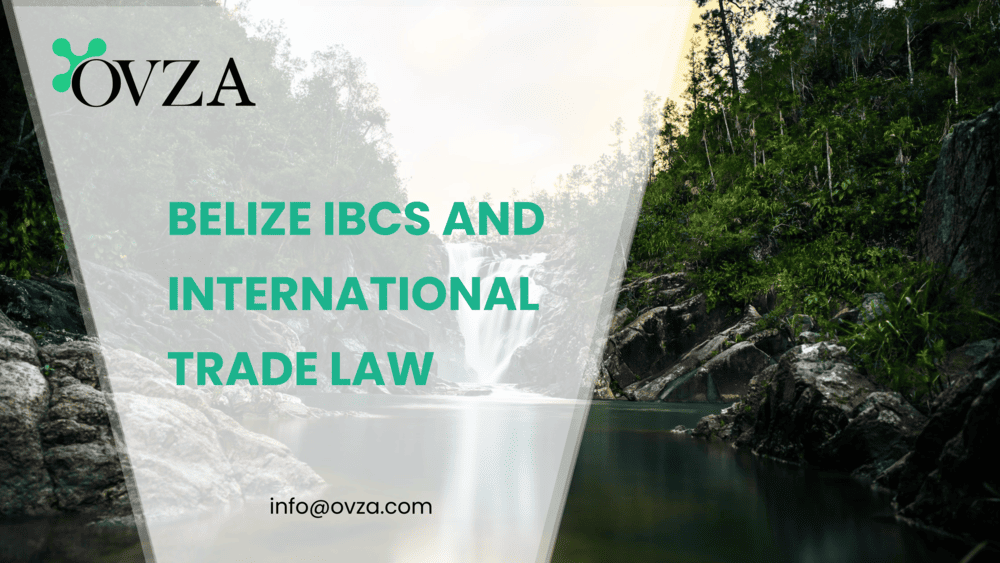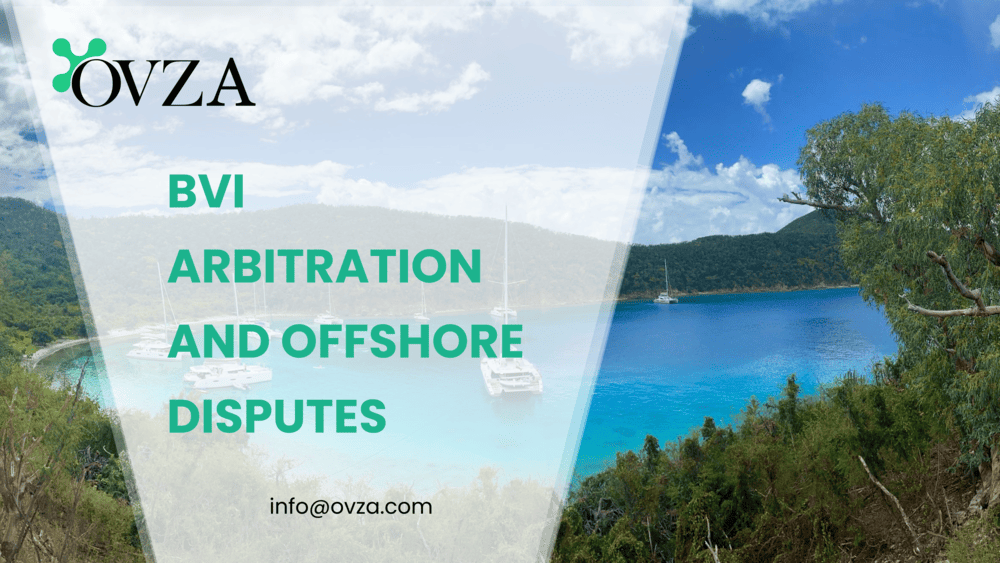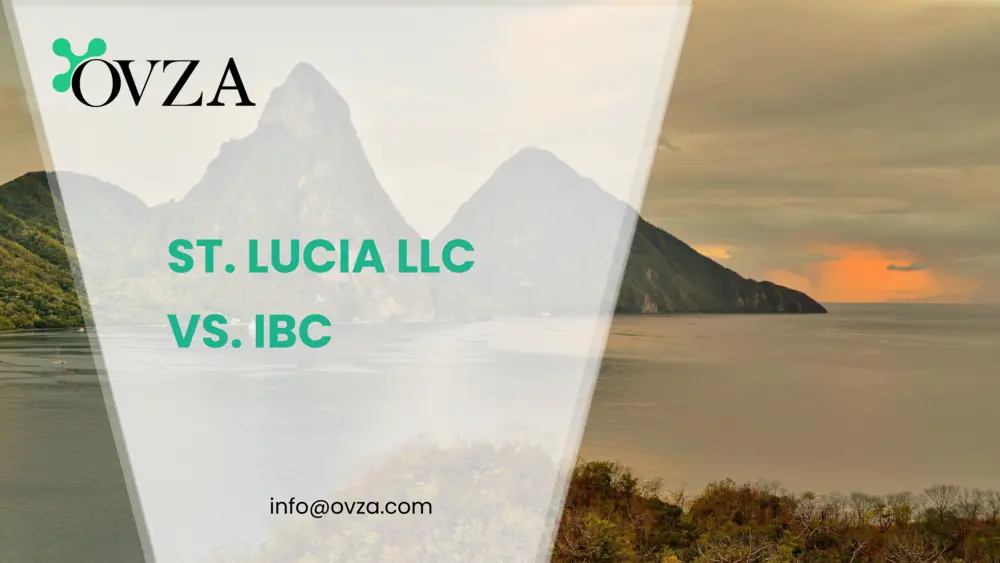Offshore companies must comply with OFAC, EU, and UK sanctions regimes to mitigate enforcement risks and avoid legal and financial penalties. For the offshore finance sector—long associated with cross-border investment, corporate structuring, and asset protection—sanctions present a growing legal and operational challenge. While offshore structures such as International Business Companies (IBCs), trusts, and offshore bank accounts remain legal and widely used, their viability increasingly hinges on a deep understanding of how sanctions impact offshore finance.
1. Sanctions Architecture and Offshore Vulnerability
Sanctions in the context of offshore finance refer to legal restrictions or prohibitions imposed on specific countries, individuals, companies, or sectors, usually for reasons related to national security, foreign policy, or human rights. The most influential sanctions regimes include those administered by the U.S. Treasury’s Office of Foreign Assets Control (OFAC), the European Union’s Common Foreign and Security Policy (CFSP), and the United Kingdom’s Office of Financial Sanctions Implementation (OFSI). These sanctions often have extraterritorial reach, meaning they can affect entities operating through offshore jurisdictions even when no physical presence exists in the sanctioning country.
For instance, a BVI or Seychelles company that processes a transaction on behalf of a Russian national listed under OFAC sanctions could be considered in violation—even if the company has no U.S. ties. This is due to the U.S. dollar clearing system, which routes many global payments through the U.S. banking infrastructure. As a result, offshore finance operations that rely on correspondent banking relationships must carefully screen clients and counterparties for sanctions exposure. Failure to do so can lead to blocked transactions, frozen accounts, or penalties.
The extraterritorial scope of OFAC and EU sanctions has forced many financial institutions operating in offshore jurisdictions to strengthen their compliance systems. Banks, corporate service providers, and law firms must now perform enhanced due diligence, often including screening against global sanctions lists. This scrutiny extends not only to the named individuals but to entities with opaque ownership or control structures. In this environment, the legal and financial risk for offshore companies involved—whether intentionally or by association—has increased significantly.
2. Legal Liability and Compliance Risk for Offshore Entities
The legal exposure faced by offshore entities in a sanctions context is no longer limited to parties directly named on sanctions lists. Increasingly, authorities scrutinize structures and transactions involving offshore finance that might be indirectly facilitating sanctioned activity. For example, a St. Vincent IBC acting as a shipping intermediary or holding company for assets ultimately controlled by a blacklisted individual may be treated as part of a broader sanctions evasion network. In such cases, both the offshore company and its directors or service providers may face investigation, penalties, or reputational damage.
One of the most significant developments impacting offshore finance is the expansion of secondary sanctions, particularly by the United States. These allow U.S. authorities to penalize foreign persons or institutions that do business with sanctioned parties, even if there is no direct U.S. nexus. This has heightened risk for offshore banks and law firms serving clients from high-risk countries. In practice, many offshore financial institutions have implemented strict internal policies to avoid exposure—often declining clients from jurisdictions like Iran, North Korea, Venezuela, or Russia, regardless of the legality of their transactions under local law.
The consequences of being linked to a sanctions breach can be severe. Offshore companies may find their bank accounts frozen without warning, or they may be de-banked altogether. Service providers can lose access to international payment systems or correspondent banks. Directors and beneficial owners of non-compliant companies may face enforcement actions in their home country or be placed under travel restrictions. This enforcement environment has shifted the risk calculus for using offshore structures, even when the entities are formed for legitimate purposes.
Several notable enforcement cases illustrate these trends. In 2022, the U.S. Department of the Treasury penalized a Caribbean-based offshore service provider for facilitating transactions for clients under sanction, even though the provider was not U.S.-based. The enforcement was justified under the principle that dollar-clearing transactions passed through U.S. financial channels. Similarly, in 2023, European regulators investigated a Luxembourg-based fund using an offshore feeder vehicle in Mauritius to indirectly invest in sanctioned sectors, triggering compliance reviews under EU law.
Offshore companies must therefore adopt strong internal controls and work with providers experienced in international sanctions law. The risks are no longer theoretical; they are embedded in every cross-border transaction involving sensitive jurisdictions or sectors.
3. Mitigating Sanctions Risk in Offshore Finance
In response to the rising enforcement of global sanctions, the offshore finance industry has evolved rapidly toward proactive compliance and transparency. Today, mitigating sanctions risk is not merely a regulatory requirement but a strategic necessity. Offshore companies must adopt comprehensive due diligence practices to ensure that their clients, partners, and underlying beneficiaries are not exposed to sanctions liability. This includes regular screening against OFAC’s SDN list, the EU consolidated sanctions list, and the UK Sanctions List—each of which is updated frequently and contains hundreds of individuals, companies, and vessels.
One increasingly common safeguard is the implementation of Know Your Customer (KYC) and Enhanced Due Diligence (EDD) procedures, even in jurisdictions where such measures were once considered light-touch. Offshore jurisdictions such as the British Virgin Islands and Seychelles now require corporate service providers to verify the identity and source of funds of all beneficial owners, a practice driven in part by the global threat of sanctions circumvention. Similarly, the adoption of Economic Substance laws, such as those introduced in Belize and St. Lucia, reflects an international trend toward anchoring offshore entities in demonstrable, traceable business activities.
Transparency initiatives like the OECD’s Common Reporting Standard (CRS) and the EU’s 5th Anti-Money Laundering Directive further integrate offshore structures into the global compliance grid. The idea that offshore companies operate in “legal black holes” is increasingly outdated. Instead, success in offshore finance today depends on full alignment with international legal standards—including those related to sanctions compliance.
The role of professional advisory services is more important than ever. Legal experts, compliance consultants, and licensed agents like those working with OVZA play a critical role in helping clients structure entities that are not only legally sound but also resilient against the reputational and financial risks associated with sanctions.
Conclusion
Sanctions have reshaped the global legal landscape of offshore finance. While offshore companies remain powerful tools for international business, asset protection, and tax optimization, they now operate within a world of escalating compliance expectations. Sanctions risks are no longer reserved for overt criminal activity; they now extend into legitimate structures that fail to identify exposure through counterparties, payments, or beneficial ownership.
To stay ahead, offshore entities must evolve—adopting robust due diligence practices, complying with global transparency norms, and engaging advisors who understand the legal risks inherent in cross-border finance. By doing so, businesses can continue to benefit from the legitimate advantages of offshore structuring while maintaining full alignment with the demands of the international sanctions regime.
Disclaimer: The information provided on this website is intended for general reference and educational purposes only. While OVZA makes every effort to ensure accuracy and timeliness, the content should not be considered legal, financial, or tax advice.








